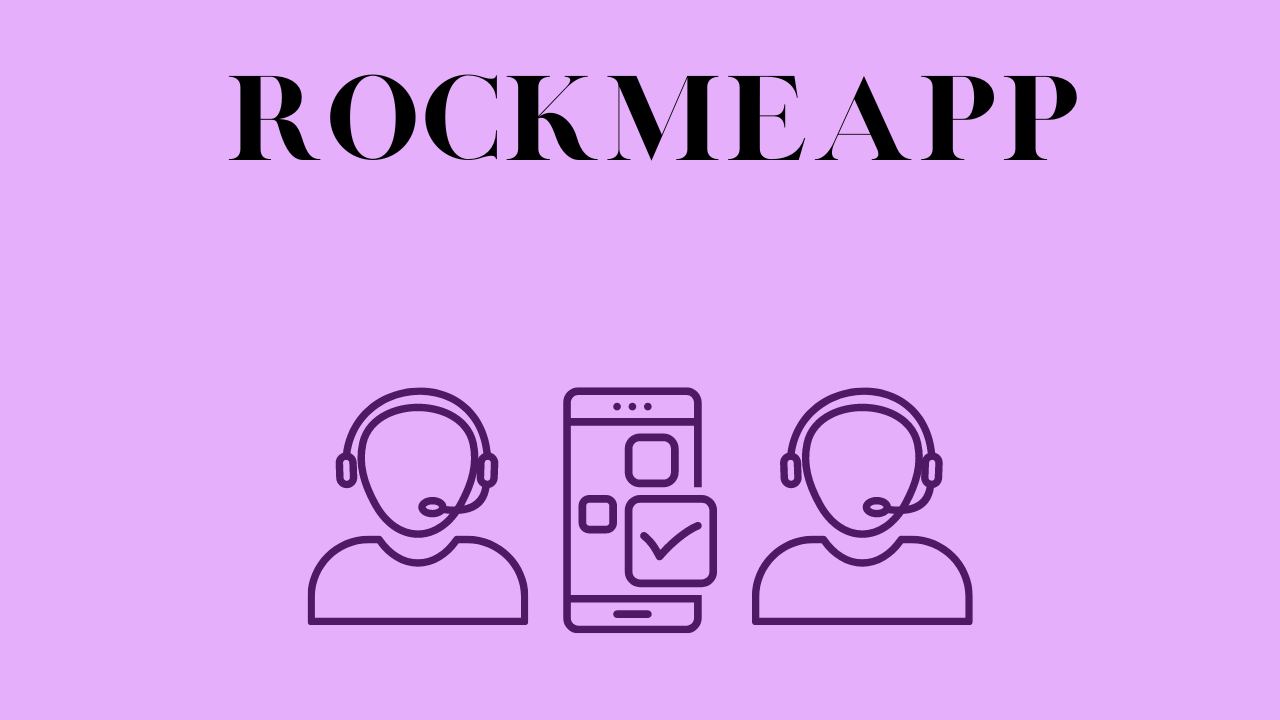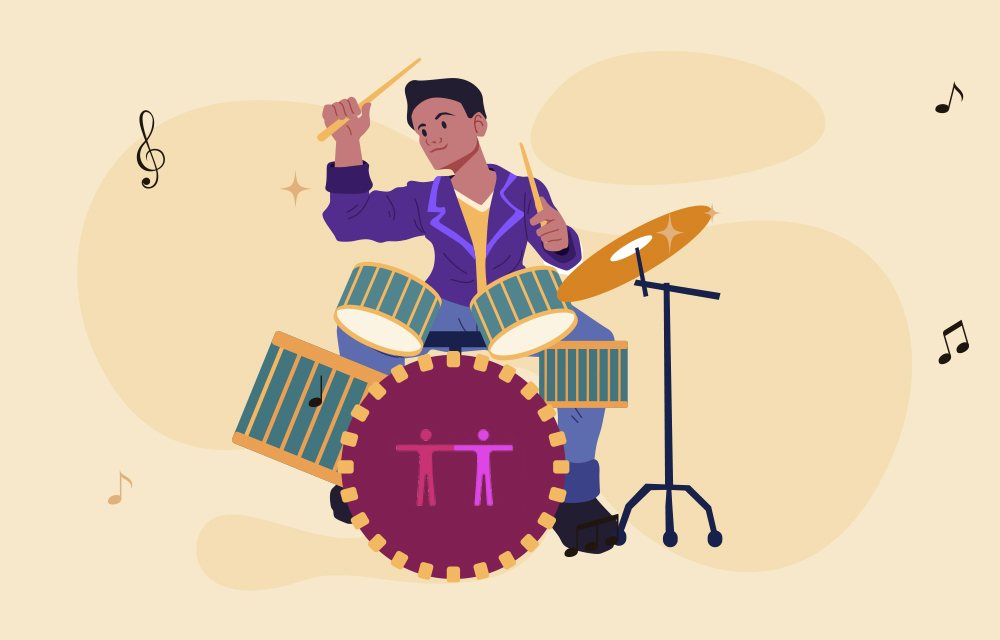Expat Coaching via the RockMeApp

Are you an Expat, Global Mobility Manager, or Recruiter looking for career and transition coaching? Look no further! We now offer unlimited Expat Coaching with Angela Weinberger via our RockMeApp. This new and innovative service is here to revolutionize the Expat Experience and help you develop your leadership talent through Expat Coaching and our RockMeApp.
🌟 Why Should You Work With Us for Expat Coaching?
- We help your internationally mobile population feel better and be more productive.
- We bridge the gap between Talent Acquisition, Global Mobility, and Talent Development by giving more responsibility for their careers to the talent.
- We bring the Human Touch back into the expat journey in a fragmented industry with a highly outsourced workforce and a high level of technological support.
- We use technology for enhanced support during off time.
- We care for expats’ mental health and well-being while improving performance and productivity.
🌟 How Can You Work With Us for Expat Coaching?
Whether you’re an expat, expat family, Global Mobility Manager, Recruiter, or small business, you can choose an Expat Coaching license model based on your family or expat population size. We are ready to support you with our coaching. Contact angela@globalpeopletransitions.com for a complimentary meeting to discuss all your options.
GET YOUR FREE ROCKMEAPP ACCOUNT
🌟 Meet Our Experts
Angela Weinberger and Usama Hafeez bring a wealth of knowledge and experience to the RockMeApp. Our academic research, years of experience working in Global Mobility and with expatriate leaders, and over a decade of running a global leadership coaching practice ensure you’re in capable hands. Usama Hafeez’s commitment to security guarantees the confidentiality of your conversations.
Book your first complimentary meeting with Angela Weinberger to discuss your Expat Coaching needs on Calendly.

🌟 Available Expat Coaching Licences in 2024 🌟
Contact Card 2
How do you get access to the RockMeApp?
You can request a free account to RockMeApp here. We will then contact you for the next steps and a conversation.
https://rockme.app/request-account
Research further:
- Digital Disruptors in Global Mobility
- Our Ten Commandments for the Global Mobility Manager
- Bringing the “Human Touch” Back into Global Mobility
- Enhancing the Expat Experience – A deep psychology approach – Global People Transitions
Recruiting, L&D, and talent management top areas of AI opportunity and risk
2024 Talent Mobility Trends | Mercer
https://www.linkedin.com/pulse/navigating-future-key-trends-global-mobility-2024-borges-6egoe/
https://www.deel.com/blog/global-mobility-key-trends-and-predictions
https://www.relocity.com/blog/6-global-mobility-trends-to-watch-in-2024-and-what-they-mean-for-hr
https://www.forum-expat-management.com/posts/global-mobility-trends-2024
https://www.reacareers.com/thoughtleadership
Inclusion in Global Mobility




